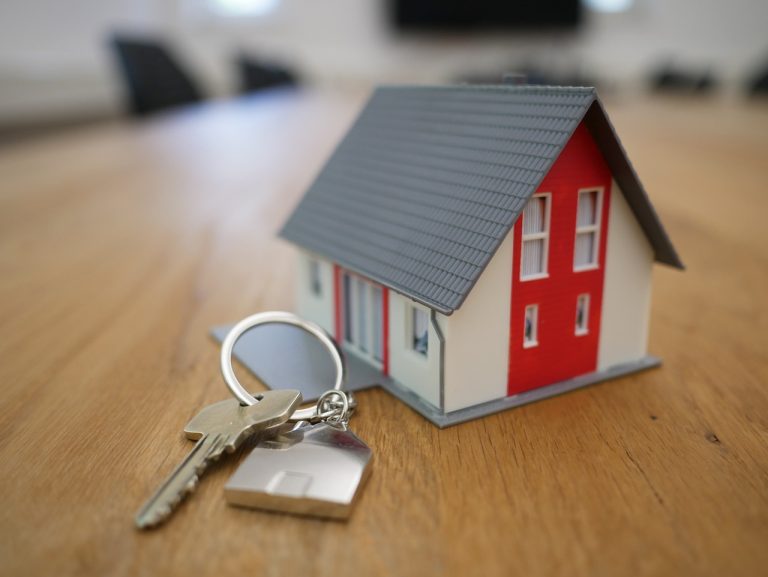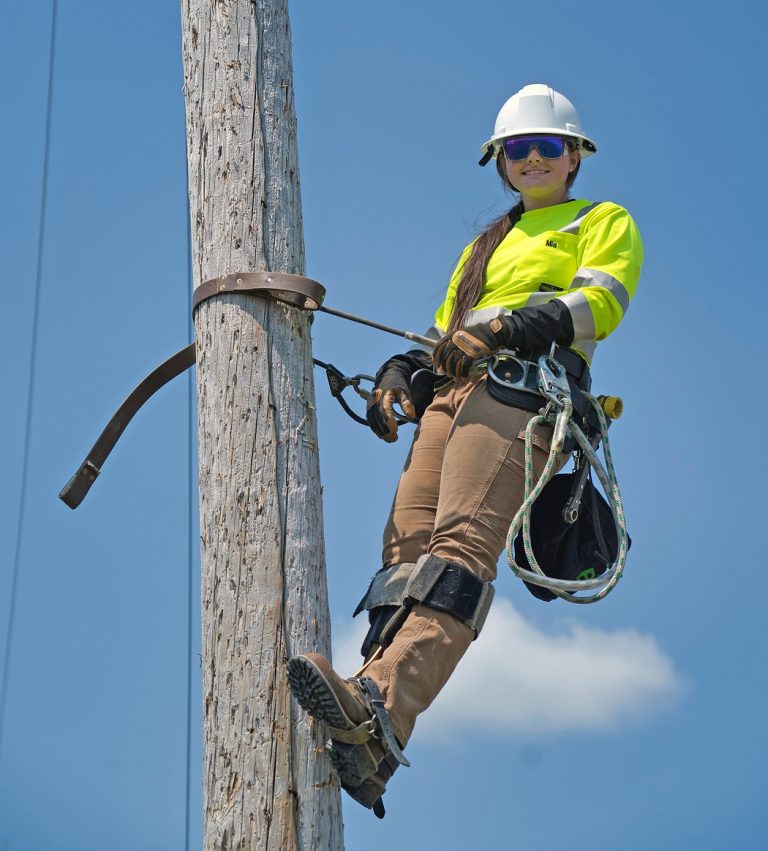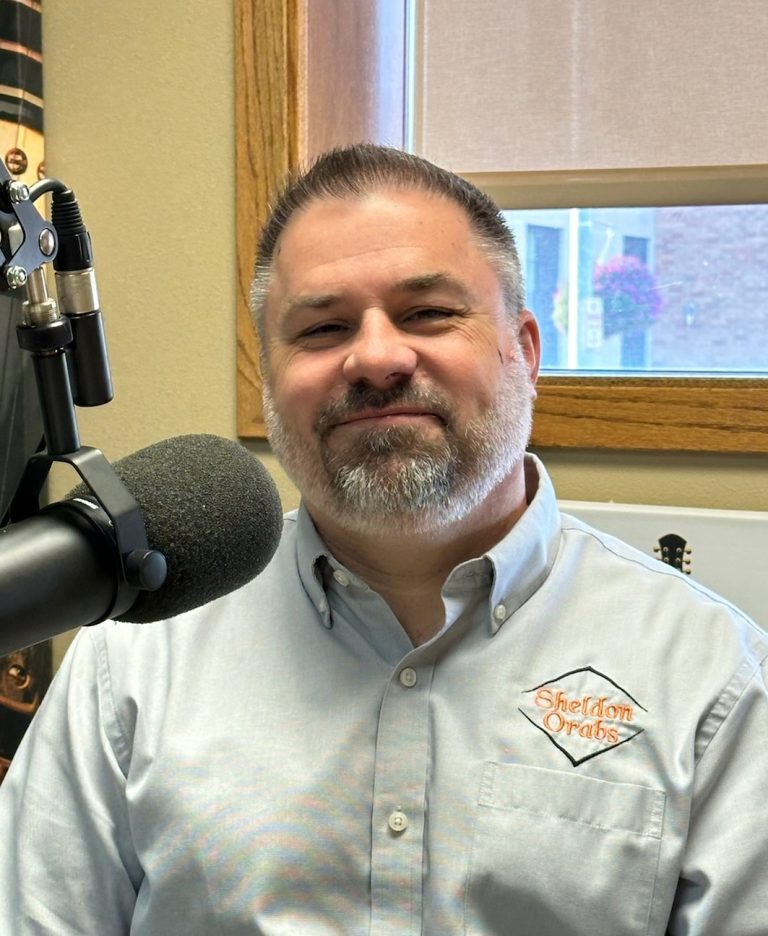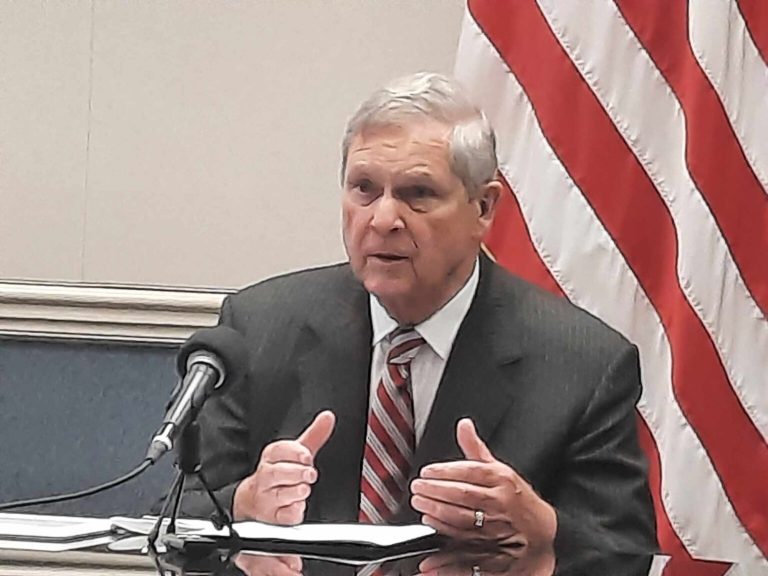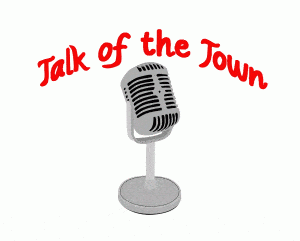Statewide Iowa — Research done in part at Iowa State University finds if we sit less and move more, it could improve our physical and mental health, while the same goes for getting more sleep.
ISU kinesiology professor Jacob Meyer, the lead author of the study, says with so many disruptions to our daily work and exercise routines, a few minor changes can greatly improve our outlook.
(As above) “What we saw was that if you could swap sitting time for just light intensity activity or more sleep, that was associated with better current and future mental health,” Meyer says. “But, if our goal was to change body fat percentage or body mass index, maybe you need to swap that sitting time for that higher intensity physical activity.”
Light intensity activities include a lot of things people wouldn’t really even think of as being beneficial, but Meyer says practically anything is better than sitting still.
(As above) “Standing at your desk instead of sitting at it oftentimes gets people’s energy expenditure up enough to be in the light intensity physical activity category,” Meyer says. “This could be things like washing dishes or any other standing activity. You don’t necessarily have to be doing much. I’m not talking about standing and playing ping pong, but just standing and engaging in the world around you.”
Light activity can also include walking around your home office while talking on the phone or standing while preparing dinner. A separate study finds people who regularly worked out before the pandemic are now seeing a 32-percent reduction in physical activity.
(As above) “Thinking about ways that we can prevent decreases in physical activity behavior, even given our work-from-home environment, could be really important for helping us psychologically get through this period.”
The ISU-led study also found that substituting sitting time for more sleep was associated with lower stress and a better mood.
(As above) “That’s something that probably a lot of us can think about with the way that our sleep habits are,” he says. “This might just be turning off Netflix or Prime one episode earlier in the evening or thinking about getting up in a consistent morning routine.”
The research is being published by the American Journal of Preventive Medicine.



